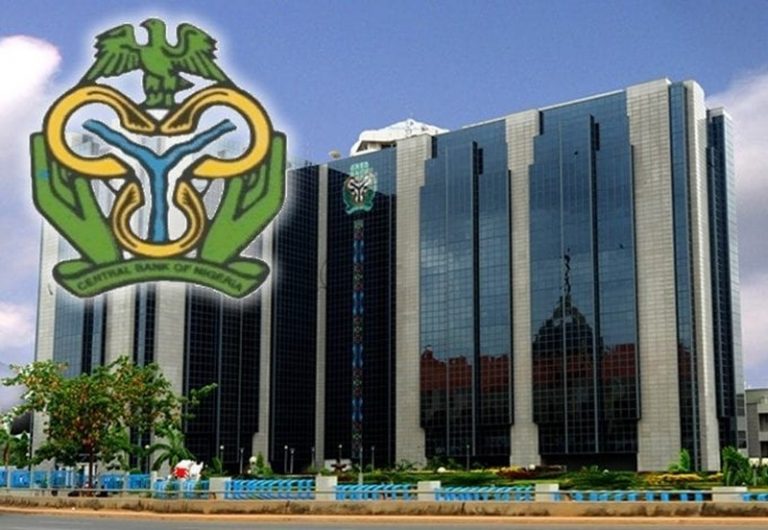The Trade Union Congress (TUC) has made a compelling case for the Central Bank of Nigeria (CBN) to grant the Nigerian National Petroleum Company Limited (NNPCL) a special foreign exchange (FX) rate of N1,000 to $1. TUC President Festus Osifo argues that this measure could significantly lower petrol prices, potentially reducing the current price of over N900 per liter to about N600 per liter, depending on regional factors.
Osifo emphasizes that the root cause of high fuel prices is not merely the removal of fuel subsidies by President Bola Tinubu in May 2023, but rather the substantial devaluation of the naira that has occurred since then. He posits that if the naira had not devalued, petrol prices might have been around N350 per liter. Despite the subsidy removal, he claims that the NNPCL is still indirectly subsidizing fuel prices, which is why the TUC advocates for this special FX rate.
The TUC’s proposal suggests that if the NNPCL were given a preferential exchange rate similar to that reportedly provided to the Dangote Refinery, it could stabilize fuel costs and eliminate the need for subsidy payments. Osifo argues that allowing the NNPCL to access crude oil at a favorable rate would enable marketers to sell fuel at a reduced price compared to current market rates.
However, experts caution that implementing a special FX rate could have significant economic repercussions. They warn that defending the naira at this rate would require the government to inject substantial foreign reserves into the economy, a move that could exacerbate Nigeria’s already precarious financial situation. The previous practice of pegging the naira led to significant economic strain, with the government spending around $1.5 billion monthly to maintain fixed exchange rates before the unification of the exchange rate in June 2023.
Analysts highlight that without government intervention, fuel prices are likely to continue rising, with projections indicating that petrol from the Dangote Refinery could exceed N1,000 per liter. The TUC’s proposal, while well-intentioned, may overlook the broader financial implications of defending a special FX rate, which could further strain Nigeria’s economy.
Industry groups have raised alarms about the potential consequences of rising fuel prices, including job losses and business closures. The ongoing increase in fuel costs could exacerbate inflation and contribute to greater economic instability, underscoring the need for strategic government intervention to mitigate these challenges.


